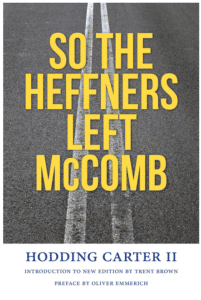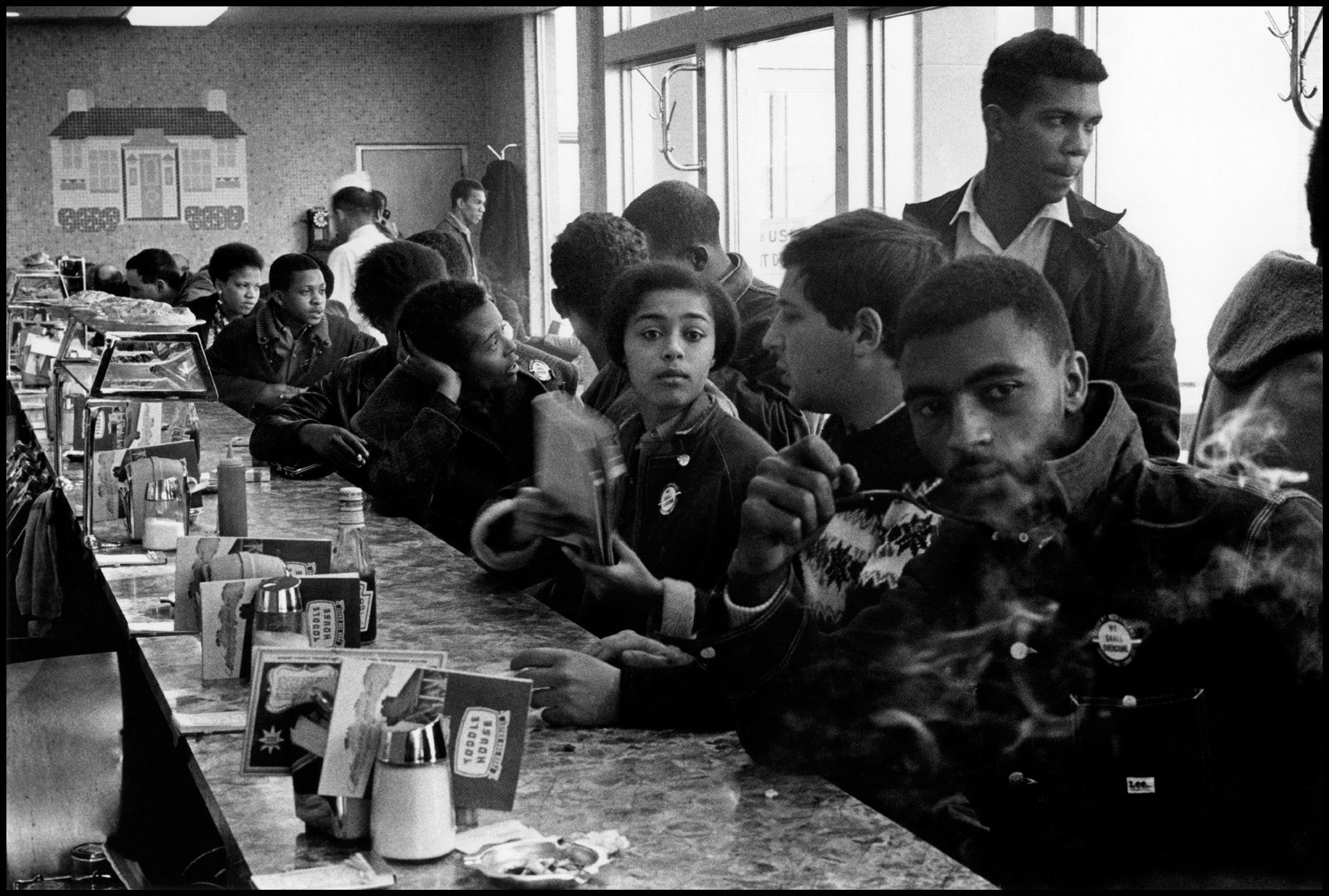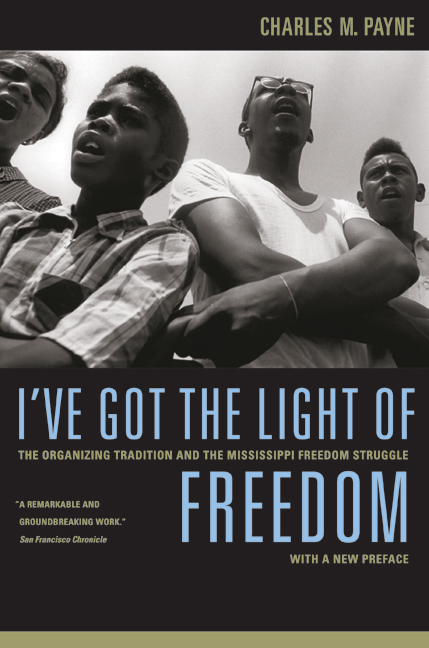 This is one of the best books around describing how white supremacy keeps white people from “crossing the line” and uniting with people of color.
This is one of the best books around describing how white supremacy keeps white people from “crossing the line” and uniting with people of color.
Journalist Hodding Carter II tells the story of a well-respected, middle-class white family in McComb, Mississippi, who invited two white civil rights workers to their home for a couple of hours in 1964 during Freedom Summer. The Heffners were not radicals, they were simply trying to be hospitable. The backlash from their peers in the white community was immediate and brutal. The Heffners were harassed and terrorized to the point where they had no option other than to leave town permanently.
Long out of print, So the Heffners Left McComb has just been reissued with an extensive introduction by historian Trent Brown. Brown notes that the story of the Heffners “demonstrates the power of fear, conformity, community pressure, and threats of retaliation of many sorts that silenced so many white Mississippians.” Highly recommended for high school and adults for understanding the “divide and conquer” tactics that continue today. [Review by Rethinking Schools.]
On Saturday, September 5, 1964, the family of Albert W. “Red” Heffner Jr., a successful insurance agent, left their house at 202 Shannon Drive in McComb, Mississippi, where they had lived for ten years. They never returned. In the eyes of neighbors, their unforgiveable sin was to have spoken on several occasions with civil rights workers and to have invited two into their home. Consequently, the Heffners were subjected to a campaign of harassment, ostracism, and economic retaliation shocking to a white family who believed that they were respected community members.
So the Heffners Left McComb, originally published in 1965 and reprinted now for the first time, is Greenville journalist Hodding Carter’s account of the events that led to the Heffners’ downfall. Historian Trent Brown, a McComb native, supplies a substantial introduction evaluating the book’s significance. The Heffners’ story demonstrates the forces of fear, conformity, communal pressure, and threats of retaliation that silenced so many white Mississippians during the 1950s and 1960s. Carter’s book provides a valuable portrait of a family who was not choosing to make a stand, but merely extending humane hospitality. Yet the Heffners were systematically punished and driven into exile for what was perceived as treason against white apartheid. [Publisher’s description.]
ISBN: 9781496807472 | University Press of Mississippi










Twitter
Google plus
LinkedIn